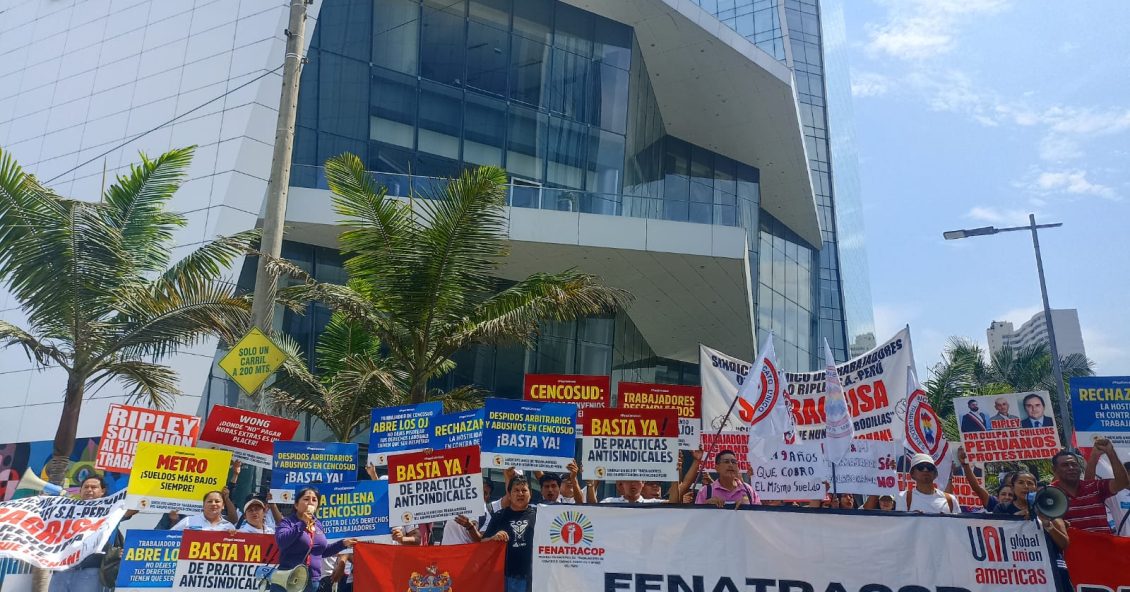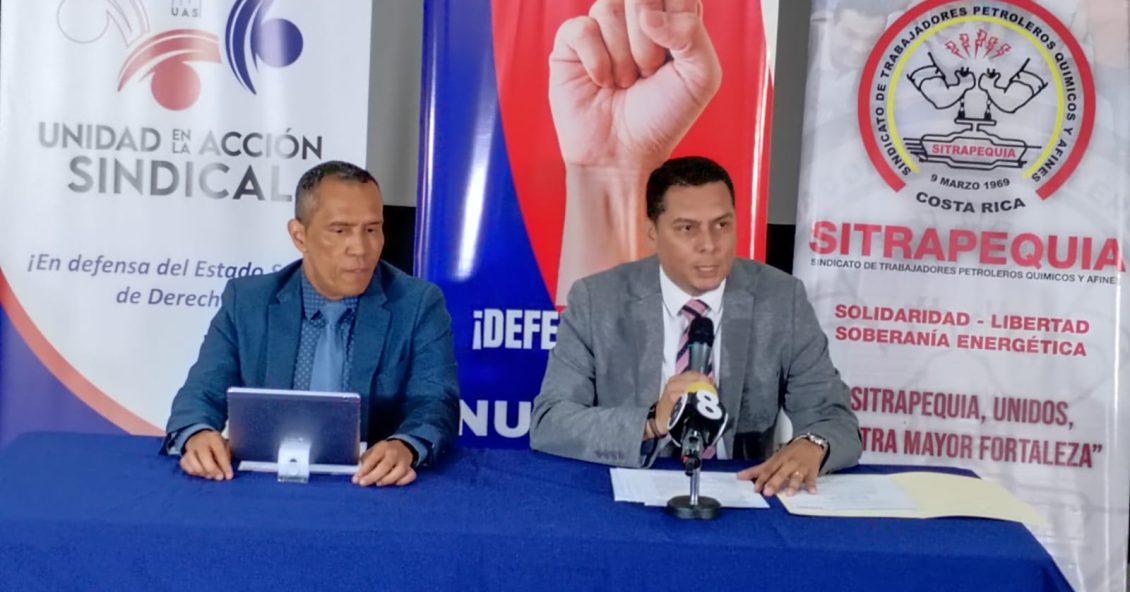The Konfederacja Pracy care union marched in solidarity with all Polish women on Wednesday to demand respect for women’s rights and respect for their healthcare decisions.
The participation in the rally aligns with the demands of the union, who represents a primarly female long-term care workforce. The union is engaged in ongoing campaign for better working conditions, better long-term resident conditions, and concrete actions from all levels of government to address the devastating impact that COVID-19 has had on care workers.
The Konfederacja Pracy founded the union’s care sector in response to grassroots organizing in response to the COVID-19 pandemic. It represents workers at nursing homes in Toruń, where there has been a coronavirus outbreak of close to 100 per cent infection rate.
Earlier this month, the union rallied to demand adequate PPE, adequate staffing, and sick pay—all measures to control the virus. Without sufficient PPE, workers and residents have infected each other. There were reports of workers using hair nets to offer some protection.
“Workers have been scared on the job for weeks, torn between personal safety and their commitment to the residents, their friends and families,” said Lidia Ciechomska, the union’s president. “We are their only social contacts, the only people that support them.”
As the pandemic has surged on, workers are also feeling the extreme outcomes of an understaffed facility. This understaffing puts workers under extreme stress and increases the risk for psychological impacts such as burnout and post-traumatic stress disorder.
“Workers have been working short-staffed long before the pandemic, and they coped,” said Edyta Cisek the union’s vice president. “However with the pandemic, the workers can no longer stretch to cover the gaps, one worker gets sick and misses a few shifts, and the whole place falls apart.”
Sick pay is a fundamental component of a functional infectious disease protocol. Workers who are exposed, suspect they may be infected, or have a confirmed coronavirus case should be encouraged to self-isolate. And without sick pay provisions, workers face a financial loss. Because of low wages in the sector, it compounds the effects of having to stay home.
Care workers’ participated in this week’s protest againt systemic sexism because the overwhelmingly female workforce felt unheard by their employers and the government. They say those in power do not respect women in all areas of the economy. Women are weathering the pandemic’s highest impact, as they have seen the highest levels of redundancies, large increases in family responsibility, and are more likely to work the frontlines in essential sectors, such as healthcare. On Wednesday they made clear that any response by governments to this pandemic must include policies to close the gender equity gap.



